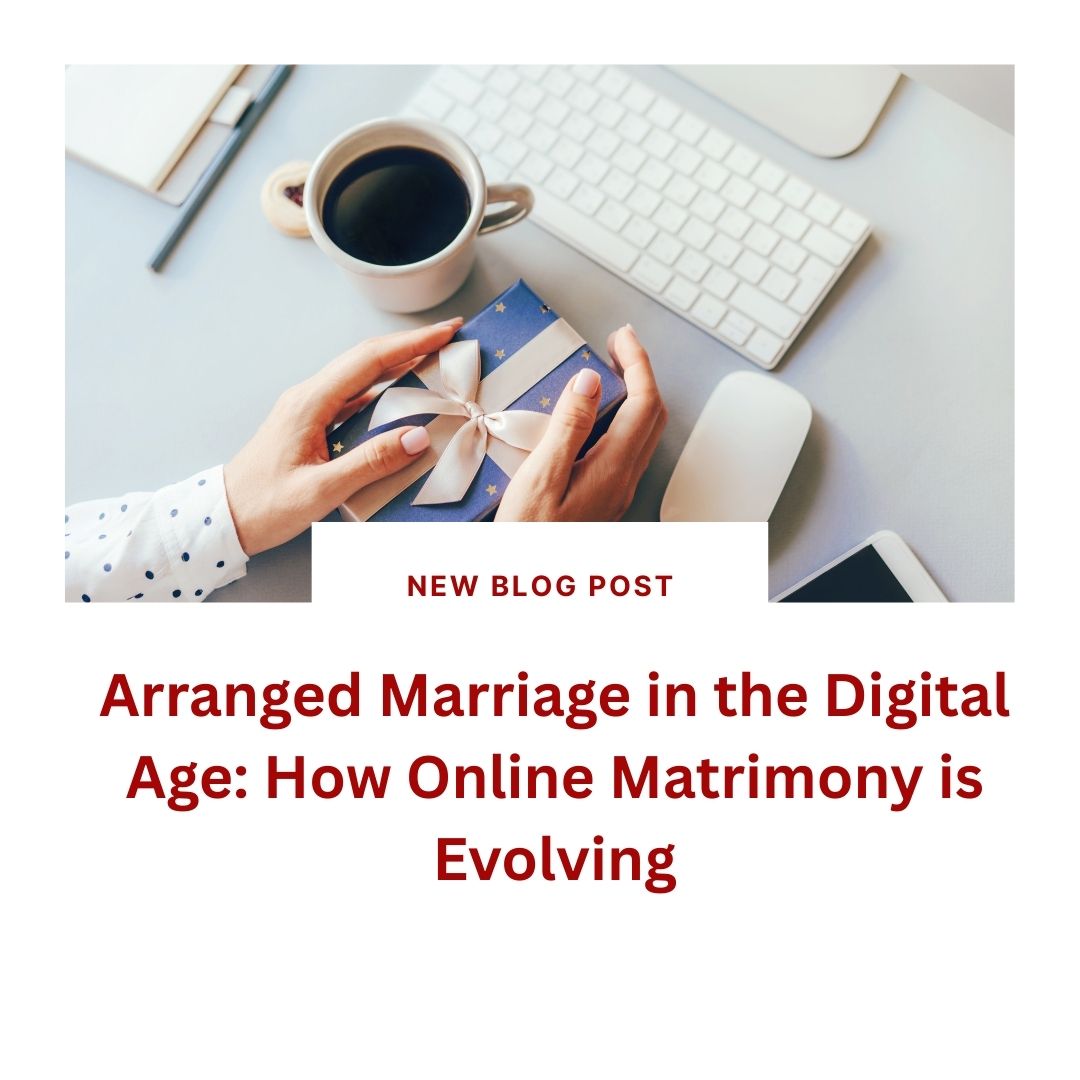In India, arranged marriages have long been a cultural cornerstone. Traditionally facilitated by families, community elders, or local matchmakers, this practice is now being redefined by technology. Today, online matrimony platforms are transforming how individuals and families approach the process of finding a life partner—offering more options, greater transparency, and convenience.
The Rise of Digital Matrimony
With the internet becoming more accessible across urban and rural India, the popularity of online matrimony websites and apps has surged. These platforms have made it easier for users to filter matches based on religion, caste, language, education, profession, and lifestyle preferences.
The process is no longer limited by geography or word-of-mouth networks. Families now explore profiles from across the country—or even internationally—with just a few clicks. These platforms blend traditional matchmaking values with modern tools like AI-driven match suggestions, background verification, and secure communication channels.
Regional and Community-Specific Platforms
One of the key features of online matrimony is its ability to cater to specific communities. This targeted approach makes users feel more comfortable and confident when searching for potential matches.
For example, Nair matrimony in India has seen significant growth online. Nair families can now access a vast database of profiles tailored to their community, improving compatibility and cultural alignment. These platforms often include regional filters and linguistic preferences, which help preserve community traditions while modernizing the matchmaking process.
Similarly, Jain matrimony in Mumbai is evolving through digital channels. Many Jain families prefer to find matches within their faith and cultural framework. Specialized platforms help streamline this search by showcasing Jain profiles, complete with relevant lifestyle details such as vegetarianism, religious practices, and family values.
How the Process Works Today
While family involvement remains a strong aspect of arranged marriages, online matrimony platforms have empowered individuals to take a more active role. Most users today create their profiles, list personal and family preferences, and short-list potential matches themselves. Family members usually step in during the final stages of verification and decision-making.
This semi-autonomous model blends traditional values with modern decision-making freedom. As a result, couples get more time to understand each other before marriage, leading to better compatibility and communication.
Benefits of Online Matrimony
-
Wider Reach: Access profiles from across regions, communities, and countries.
-
Personalization: Advanced filters based on caste, religion, profession, and more.
-
Privacy: Secure communication and profile visibility settings.
-
Efficiency: Quick browsing, AI-based matchmaking, and verified profiles reduce time and uncertainty.
Challenges to Watch
While online matrimony has improved access and transparency, it comes with challenges like fake profiles, overdependence on filters, and reduced personal interaction. It’s important to use verified platforms and balance digital convenience with emotional intelligence and family involvement.
Final Thoughts
Arranged marriages in India are undergoing a digital transformation. With communities like Nair matrimony in India and Jain matrimony in Mumbai adopting these changes, the blend of tradition and technology is becoming the new norm. Online matrimony is not replacing the values of arranged marriages—it’s simply making them more accessible, efficient, and user-friendly.









